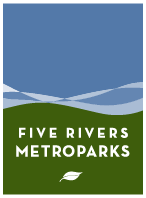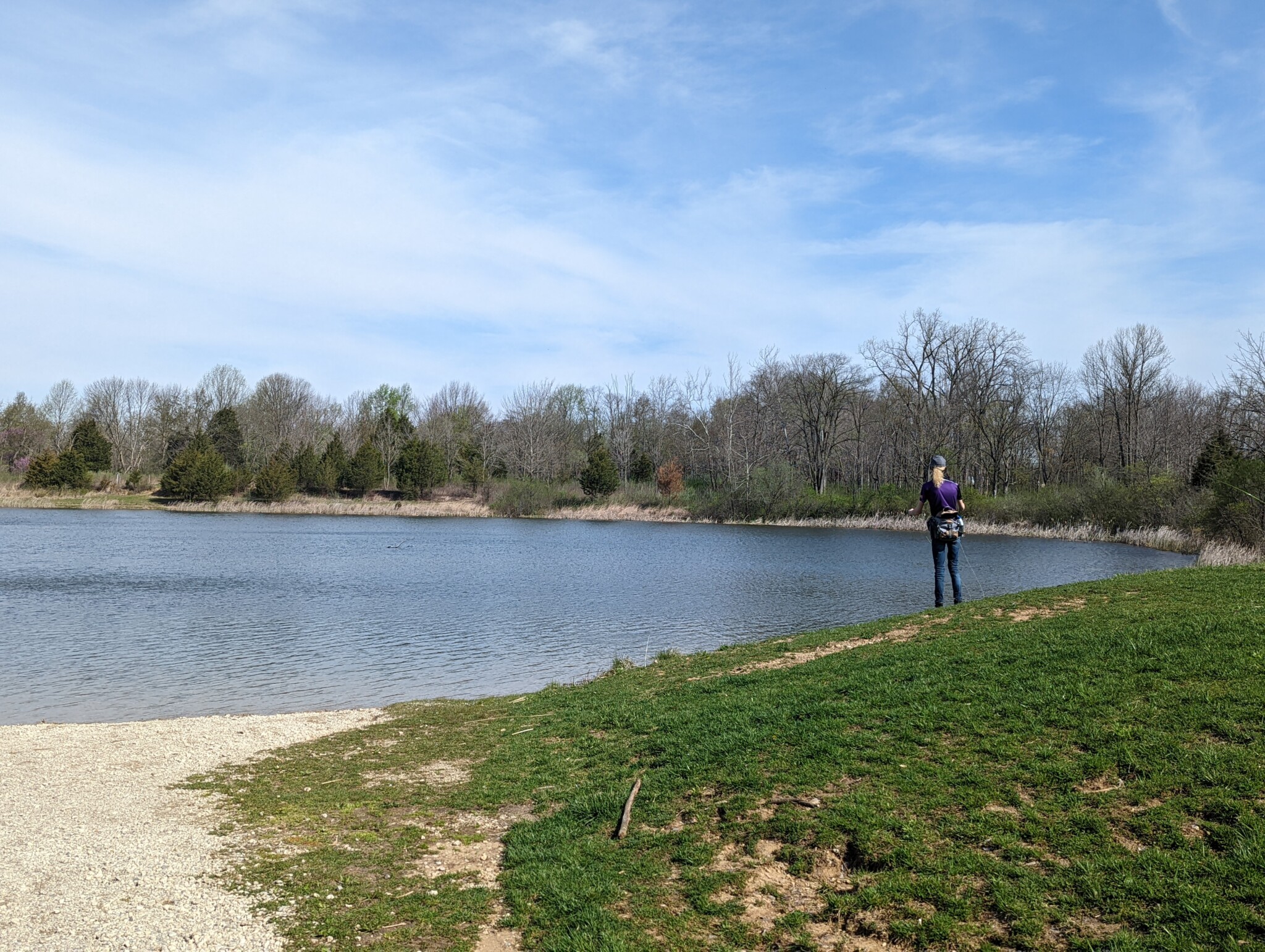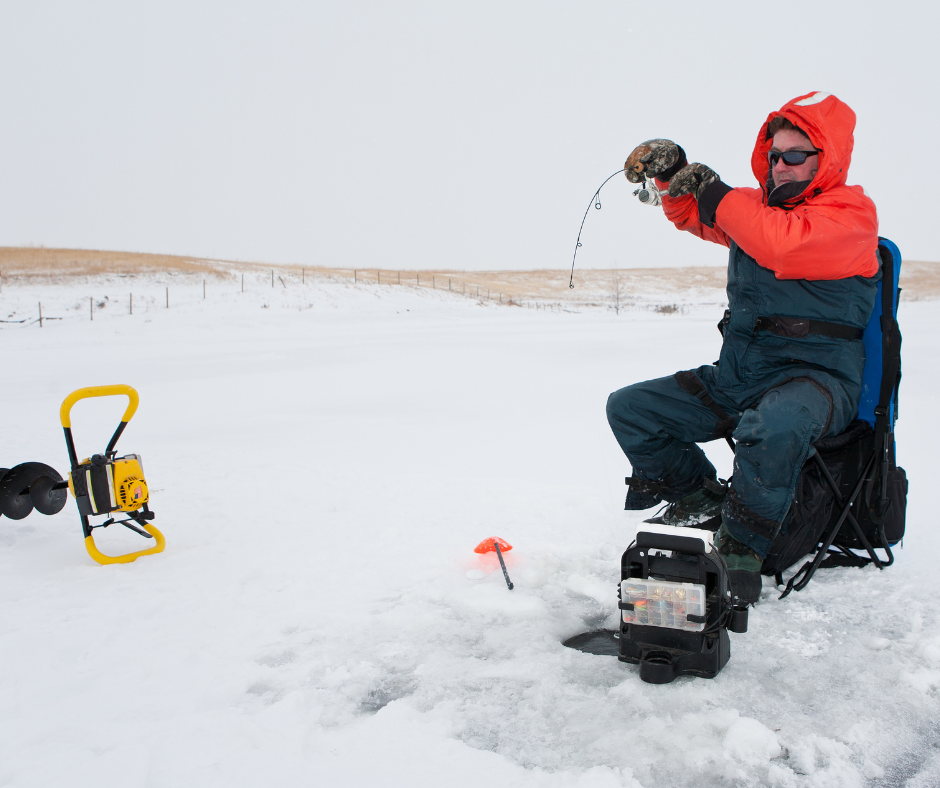Updated August 28th, 2023
Gone Fall Fishing: Best Fishing Spots in Your MetroParks
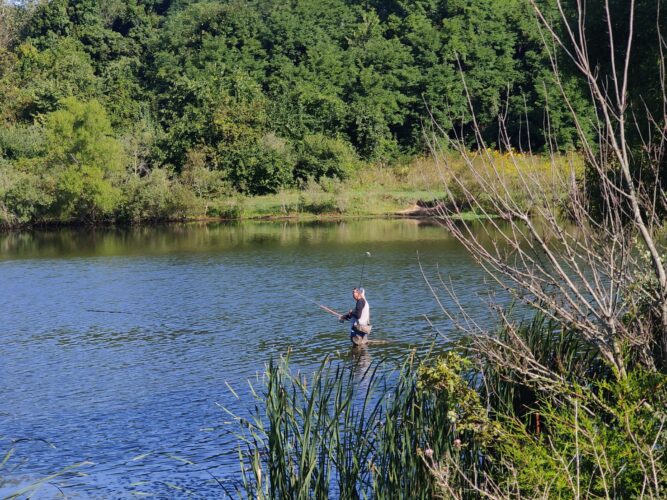
Cooler weather and vibrant colors make fall one of the best seasons to start a new outdoor hobby or to enjoy a longstanding one. Fishing is a relaxing way to enjoy the outdoors, observe nature and unplug with your family.
“Fall fishing is great because the temps are cooling, both in the air and the water,” said outdoor recreation specialist and fishing expert Kelly Kingery. “Fish come up from the deeper summer pools where they have been hanging out in cooler waters and are now feeding closer to the surface – or in shallower water – due to the cooler weather. In warmer weather, their metabolism speeds up and they are hungrier, so fall is still a good time to get out there before temps drop and their metabolism slows down and they are less hungry and more lethargic.”
New and experienced anglers can enjoy fishing opportunities in every MetroPark with the exception of Cox Arboretum, Hills & Dales, and Sugarcreek MetroParks. At the destinations below, you can fish without a license:
- Carriage Hill MetroPark (Cedar Lake and Northwoods Pond)
- Eastwood MetroPark (Lagoon and Blue Lake)
- Germantown MetroPark (Sunfish Pond)
- Possum Creek MetroPark (Argonne Lake and fishing ponds)
- Twin Creek MetroPark (Lake George)
Making the most of your fishing experience starts with safety. A lifejacket is recommended for everyone who is near the waterfront. This also includes those who are fly fishing in the water or on a watercraft.
Anglers should also dress appropriately for the weather. Often, Ohio’s fall weather means chilly mornings and warmer afternoons. Dress in layers to ensure you can be comfortable throughout the day. Though you may not have to worry about insect repellent during the fall, everyone who visits the outdoors should bring sun protection. And what would a day of fishing be without snacks? Be sure to pack plenty of water and food to fuel you throughout the day.
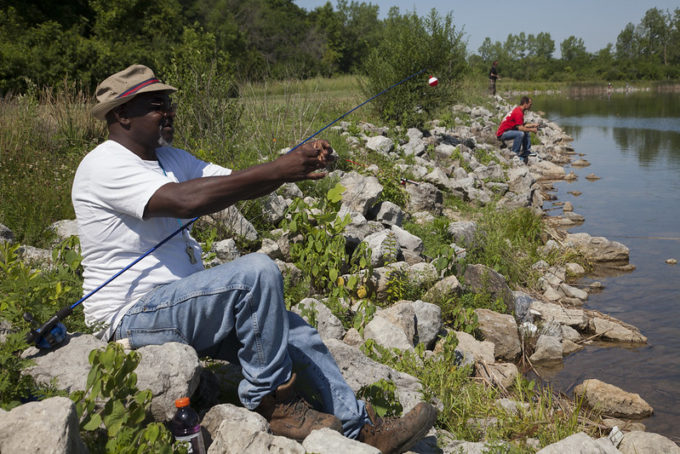
With the appropriate gear — such as tackle, lures and bait — anglers in this region can expect to catch a variety of fish. While you may not catch a 4-foot profile-picture-worthy catfish on every outing, people may see the following catches with the appropriate bait:
- Largemouth bass: Found in lakes and ponds. Use bait such as crayfish, minnows, plugs and spinners.
- Bluegill: Found in lakes and ponds. Use bait such as red worms, insects and jigs.
- White sucker: Found in streams. Use nightcrawlers as bait.
- Brown trout: Found in the Mad River. Use bait such as cheese, worms, corn, small spoons, small spinners and flies.
- Small mouth bass: Found in streams. Use bait such as crayfish, minnows, spinners and flies.
- Pumpkinseed: Found in lakes, ponds and streams. Use bait such as red worms, maggots and jigs.
- Channel catfish: Found in all lakes, ponds and streams. Use nightcrawlers as bait.
- Bullhead: Found in all lakes, ponds and streams. Use bait such as nightcrawlers, liver and hot dogs.
- Rock bass: Found in streams. Use bait such as crayfish, minnows and small spinners.
- Crappie: Found in lakes, ponds and streams. Use bait such as minnow and jigs.
For destinations with good bites and great views, head to the ponds at Englewood MetroPark and the tree-hugged Twin Creek. The Great Miami River at Taylorsville MetroPark and Eastwood Lake may have some saugeye biting.
Kingery recommends Sunfish Pond at Germantown MetroPark for a quiet and scenic place to fish. Additionally, experienced anglers can wade fish in the Stillwater River for a chance to experience an abundance of wildlife – including deer, eagles and osprey – in addition to possibly catching small mouth bass.
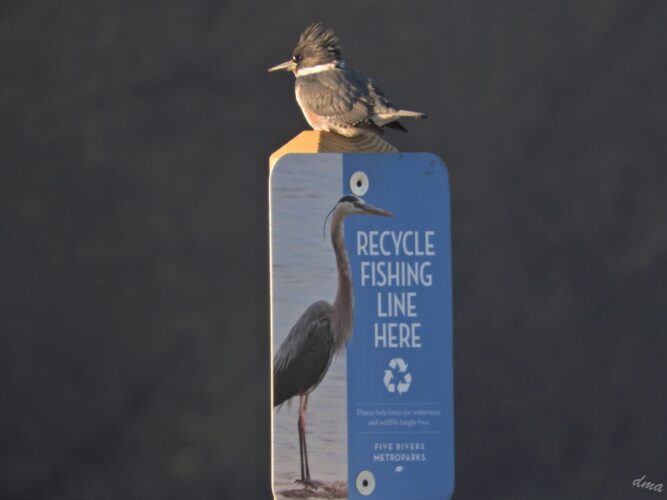
Keep the line clear for critters
A conservation agency, MetroParks’ mission is to protect the region’s natural heritage. One way you can help protect aquatic habitats and wildlife is to pack out what you carry into the park with you – especially fishing line.
Discarded line that ends up along the water’s edge can then end up becoming tangled around unsuspecting animals, causing them serious harm.
MetroParks has made it easy for anglers by setting up fishing line recycling stations next to many of its most popular fishing destinations. Once you are finished, place unwanted line in the receptacle and MetroParks will have it recycled. As of 2019, MetroParks recycled more than 15 miles of line with help from local anglers.
New to fishing or want to learn more? Visit www.metroparks.org/fishing to search for upcoming programs, information on obtaining a license and more.
